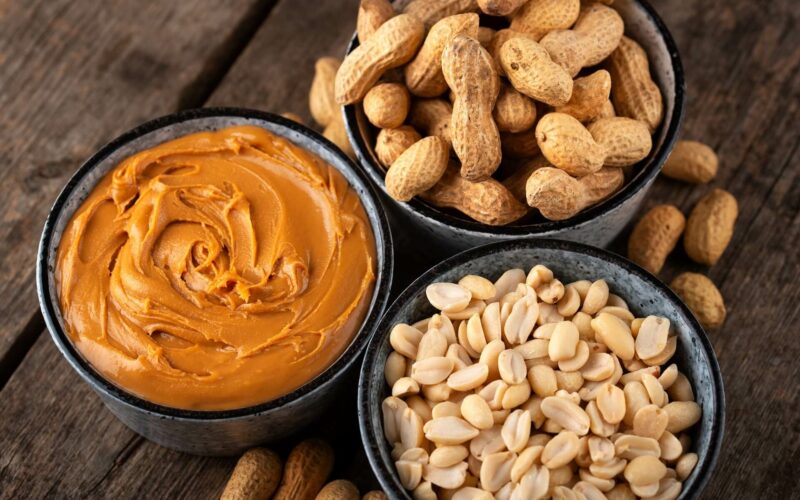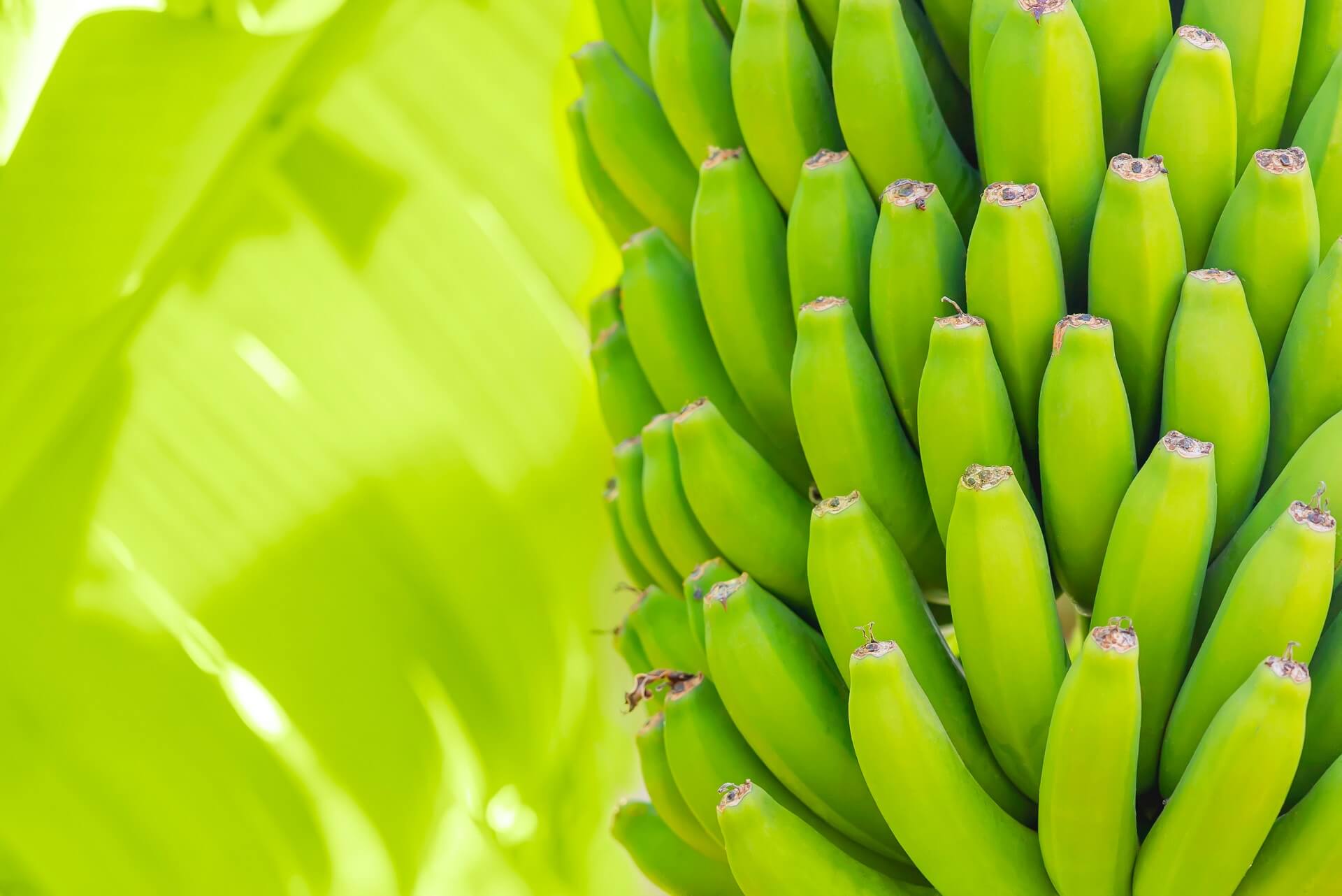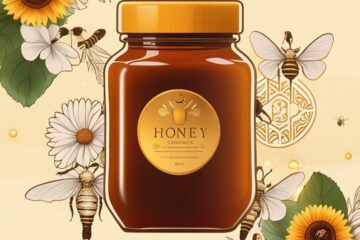Greetings, peanut butter enthusiasts! If you’re in pursuit of a delectable yet wholesome spread, look no further than organic peanut butter. Made from just two ingredients – organic peanuts and a pinch of salt – this beloved pantry staple offers a plethora of healthy benefits. Packed with protein, heart-healthy fats, and essential vitamins and minerals, organic peanut butter is not only a delicious addition to your diet but also a powerhouse of nourishment and vitality.
Table of Contents
What Makes Peanut Butter Organic
The term “organic” refers to the way agricultural products are grown and processed. Organic peanut butter is made from organic peanuts that are grown without the use of synthetic pesticides, herbicides, or fertilizers. Additionally, organic peanut butter is produced without the use of genetically modified organisms (GMOs) and is free from artificial preservatives, flavors, and colors. The organic certification ensures that the peanuts used in the butter are grown and processed in compliance with the standards set by the certifying body.
Definition of Organic Farming Practices
Any food product labeled as “organic” must be produced using organic farming practices. This means that the methods used to grow the peanuts must prioritize soil health, biodiversity, and ecological balance. Organic farmers avoid using synthetic chemicals and focus on sustainable farming techniques such as crop rotation, composting, and natural pest control. These practices not only protect the environment but also contribute to the overall health and quality of the peanuts used in organic peanut butter.
Key Ingredients in Organic Peanut Butter
With a focus on purity and quality, the key ingredients in organic peanut butter are simply organic peanuts and sometimes a hint of sea salt. This minimalistic approach ensures that the product is free from unnecessary additives and is packed with the nutritional benefits of organic peanuts. The absence of added sugars and hydrogenated oils makes organic peanut butter a healthier alternative to conventional peanut butter options.
What sets organic peanut butter apart is its commitment to using only premium quality organic peanuts, resulting in a product that is rich in nutrients, antioxidants, and natural flavors. The pure simplicity of the ingredients makes organic peanut butter a wholesome choice for health-conscious consumers.
Nutritional Comparison
Some comparisons between organic and conventional peanut butter can help us understand the nutritional differences between the two.
| Ingredients | Nutritional Content |
| Organic Peanut Butter | Higher in healthy fats, fiber, and antioxidants |
| Conventional Peanut Butter | Contains added sugars, hydrogenated oils, and preservatives |
Nutrients in Organic vs. Conventional Peanut Butter
With a focus on nutrient content, organic peanut butter is found to contain higher levels of healthy fats, fiber, and antioxidants compared to conventional peanut butter. These nutrients are essential for maintaining heart health, lowering cholesterol levels, and providing essential vitamins for overall well-being. On the other hand, conventional peanut butter often contains added sugars, hydrogenated oils, and preservatives, which can negatively impact health in the long run.
Health Implications of Additives in Non-Organic Variants
Nutrients in non-organic peanut butter can have detrimental health implications. Additives such as added sugars and hydrogenated oils can lead to increased risks of obesity, heart disease, and diabetes. Consuming these additives regularly can have long-term negative effects on one’s health, making it crucial to opt for organic peanut butter to avoid these health risks.
This emphasizes the importance of being aware of the ingredients in peanut butter and making informed choices for the betterment of one’s health. It is essential to prioritize products that are free from harmful additives and embrace the natural benefits of organic peanut butter.
Health Benefits of Organic Peanut Butter
Your body can benefit from consuming organic peanut butter in several ways. With its rich nutrient content, organic peanut butter offers multiple health benefits that can improve your overall well-being.
Heart Health and Good Fats
To start, organic peanut butter is a great source of heart-healthy monounsaturated and polyunsaturated fats. These good fats can help lower bad cholesterol levels and reduce the risk of heart disease. Additionally, organic peanut butter contains high levels of antioxidants such as resveratrol, which has been linked to improved heart health and reduced inflammation.
Furthermore, the presence of niacin in organic peanut butter can contribute to the prevention of heart disease and other cardiovascular issues. Regular consumption of organic peanut butter as part of a balanced diet can lead to a healthier heart and improved overall cardiovascular function.
Weight Management and Satiety
One of the key benefits of organic peanut butter is its ability to aid in weight management and promote satiety. The combination of protein, fiber, and healthy fats in organic peanut butter can help keep you feeling full for longer periods, reducing the likelihood of overeating and snacking on unhealthy foods.
Additionally, the monounsaturated fats found in organic peanut butter not only support heart health but also assist in weight management by promoting fat burning and increasing metabolism. Organic peanut butter can be a valuable addition to a weight loss plan and a healthy lifestyle.
Butter Another benefit of organic peanut butter is its low glycemic index, meaning it has a minimal impact on blood sugar levels. This can help prevent spikes and crashes in blood sugar, making it a suitable choice for individuals looking to manage their weight and maintain steady energy levels throughout the day.
Antioxidant Properties and Vitamin Content
Fats Organic peanut butter also contains significant antioxidant properties and is a rich source of essential vitamins and minerals. The presence of vitamin E, magnesium, and potassium in organic peanut butter contributes to its antioxidant capabilities and offers several health benefits. These nutrients can help protect your cells from damage, reduce inflammation, and support overall immune function.
Apart from antioxidants, organic peanut butter also contains essential B vitamins such as niacin and folate, which play a crucial role in energy production and overall metabolism. A diet rich in these vitamins can contribute to improved energy levels and overall well-being.
Incorporating Organic Peanut Butter into Your Diet
Unlike conventional peanut butter, organic peanut butter offers a wide range of health benefits without any harmful chemicals or additives. Incorporating organic peanut butter into your diet can be a delicious and nutritious choice, adding a rich, nutty flavor to your meals and snacks.
Creative Recipes and Uses
Any meal or snack can be enhanced with the addition of organic peanut butter. Whether you spread it on whole grain toast, blend it into a smoothie, or use it as a dip for apple slices, the possibilities are endless. You can also add it to your oatmeal, yogurt, or even incorporate it into savory dishes like stir-fries or salad dressings for an extra burst of flavor.
Daily Recommended Intake and Considerations
Recommended intake of organic peanut butter is about 2 tablespoons per day, as it is a high-calorie food. However, it is important to consider your overall calorie and protein intake when incorporating organic peanut butter into your diet. It is also important to consider any potential allergies to peanuts when adding it to your meals or snacks.
Butter Additionally, organic peanut butter contains healthy fats, fiber, and protein, making it a nutritious choice for those looking to maintain a balanced diet and support their overall health and well-being.
Final Words
Following this exploration of the ingredients and health benefits of organic peanut butter, it is clear that this spread is a nutritious and delicious addition to a balanced diet. With its high protein and healthy fats, organic peanut butter provides a range of health benefits, from supporting muscle growth and repair to reducing the risk of heart disease. Furthermore, by choosing organic peanut butter, you can ensure that you are consuming a product free from harmful chemicals and pesticides. So, next time you reach for a jar of peanut butter, consider opting for the organic variety to reap the maximum health benefits.
FAQ
Q: What are the ingredients in organic peanut butter?
A: Organic peanut butter typically contains just two ingredients: organic peanuts and salt. Some brands may also use organic palm oil to prevent separation.
Q: Are there any health benefits of organic peanut butter?
A: Yes, organic peanut butter is a good source of protein, healthy fats, and fiber. It also contains vitamins and minerals such as magnesium, potassium, and vitamin E. Additionally, organic peanut butter is free from added sugars and preservatives.
Q: Is organic peanut butter a good choice for a healthy diet?
A: Organic peanut butter can be a nutritious addition to a healthy diet. It is a good source of plant-based protein and can contribute to heart health due to its healthy fats. However, it’s important to consume it in moderation due to its calorie and fat content.

Our contributing author is a passionate advocate for eco-friendly living and sustainability. With a background in eco-life, they are dedicated to inspiring and empowering individuals to adopt environmentally conscious lifestyles. Through insightful articles, they share practical tips, innovative solutions, and thought-provoking perspectives to promote a greener, more sustainable world. Join them on the journey towards eco-smart living and discover how small choices can make a big impact. 🌱









